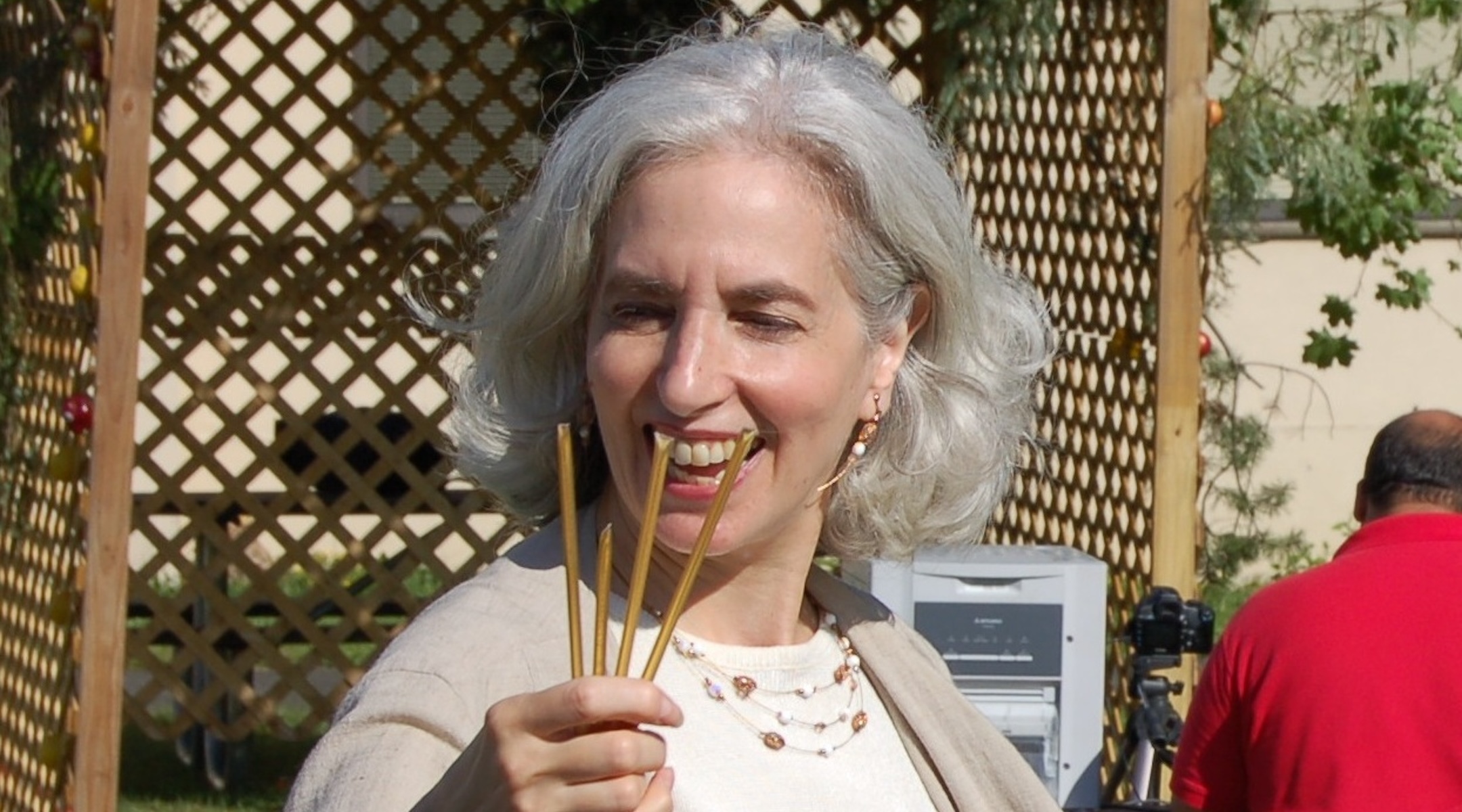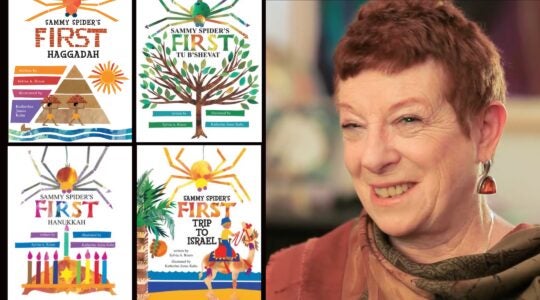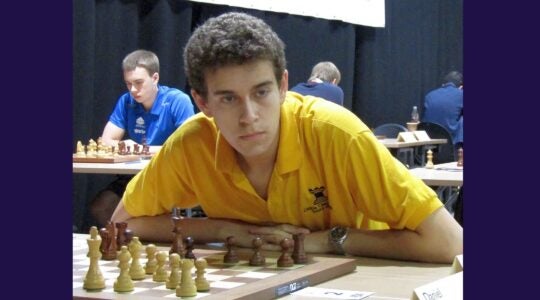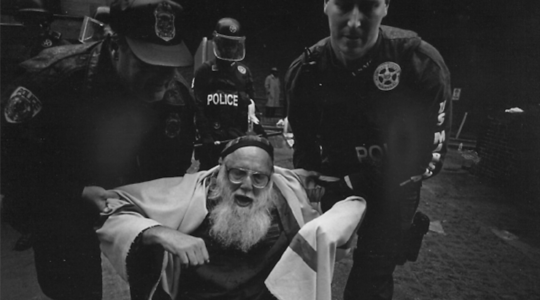Arlene Agus’ voice was familiar to many Jews on the Upper West Side, where she led prayers at egalitarian services and taught others how to chant from the Torah. Her influence resounded far more widely.
Agus, who died this month in Manhattan at 75, was an early advocate of Orthodox feminism, a prominent advocate for Soviet Jewry and a founding member of Minyan M’at, an egalitarian service that meets at Ansche Chesed, a Conservative synagogue on W. 100th Street. She is considered the primary force behind the contemporary adoption of Rosh Chodesh, the festival of the new moon, as a women’s ritual.
The new moon festival is part of traditional Jewish liturgy, but starting in 1971, Agus led a small group of women in a revival of the ritual as a creative women’s celebration. Her 1976 article “This Month Is for You: Observing Rosh Hodesh as a Woman’s Holiday,” anthologized in the book “The Jewish Woman: New Perspectives,” helped spawn prayer groups, study groups and discussions around the day and new women’s ritual.
As a Jewish education specialist at New York’s Jewish Child Care Association and a member of the faculty of the Skirball Center for Adult Jewish Learning at Temple Emanu-El, Agus developed other rituals, including a ceremony to expiate the guilt of grown children mourning their parents. The impulse came following the death of her own mother after a decades-long illness.
“Arlene Agus taught our community how to do any number of things that we do, and how to think about Jewish matters in ways radical then, commonplace today,” the scholar Jerome Chanes, who first met Agus in a Jewish youth choir as a child, said at her funeral Friday. As adults the two collaborated on scholarship around childbearing and the right of Jewish women to control their bodies.
“Her talents were manifold. At a basic level, she taught me and many others to leyn Torah and Megillah, as well as the nusach [melody] for Rosh Hashanah and Yom Kippur,” Martha Ackselberg, a founding member with Agus of Ezrat Nashim, a germinal Jewish feminist group, said at her funeral. She added, “Hearing her chanting of the Avodah service on Yom Kippur was a truly transformative experience.”
In 1980, she served as coordinator of Solidarity Day, a New York event calling for the release of Jews unable to emigrate under the Soviet regime. With her friend Elissa Blaser, she also provided for the care of a French woman who sheltered Jews from the Holocaust.
“Arlene, larger than life, lived the extremes. She was given outsized beauty, outsized intelligence, outsized talent. Her extension of friendship was outsized,” Blaser said at her funeral. “If Arlene was your friend, your life was her life, your problem was her problem, your joy was her joy. I could never comprehend the depth of feeling and heart she had for those she loved.”
Agus was born March 17, 1949 in Brooklyn. Her father was an accountant but moonlighted as a hazzan, or cantor, who took an annual pulpit in Massachusetts, where Agus learned to love Jewish ritual music. After attending Yeshiva of Flatbush, the Modern Orthodox day school where she was the first in her school to get the polio vaccine, Agus graduated from Brooklyn College before moving to the Upper West Side.
There, she engaged forcefully and creatively with Jewish tradition while working in a series of roles in Jewish organizations.
”The deep sense of wholeness I used to have as part of the Orthodox community is missing,” she told the New York Times in 1982 for an article about the growth of Orthodoxy in the United States. ”If our community were not still so fixated on labels and denominations, I’d be in an Orthodox rabbinical school today.”
Instead, she became a teacher of Torah and a founding member of Minyan M’at, a traditional egalitarian prayer community that has long attracted scholars and rabbis.
“There’s a picture of her in one of the ‘Jewish Catalogs,’ with a guitar singing with all of her depth,” Anshe Chesed’s rabbi, Jeremy Kalmanofsky, said at her funeral, referring to a series of books written by and about the observant Jewish counterculture. “She was like [King] David, a naim zemirot Yisrael, a sweet singer of the Jewish people.”
In the last years of her life, Agus was unwell physically and emotionally, her friends shared at her funeral, and she died alone. A friend visiting her apartment found her body on Dec. 24.
“Quite a number of us tried to help, and many others made it clear that they wanted to, but Arlene didn’t want to be a person who was on the receiving end,” said Sam Norich, president of the Forward Association. “Whether that was pride or the flip side of pride, which is shame, she refused much of the help that friends were willing to provide. I sometimes made it clear to her that I thought our community — and here, I’m not referring just to Minyan M’at or to the Jewish Upper West Side, but to New York Jewry and beyond — owed her for all she had done, all she had taught, all she had organized, all she had influenced in her life, but she couldn’t accept it.”
Agus is survived by a sister.
The New York Jewish Week brings you the stories behind the headlines, keeping you connected to Jewish life in New York. Help sustain the reporting you trust by donating today.





